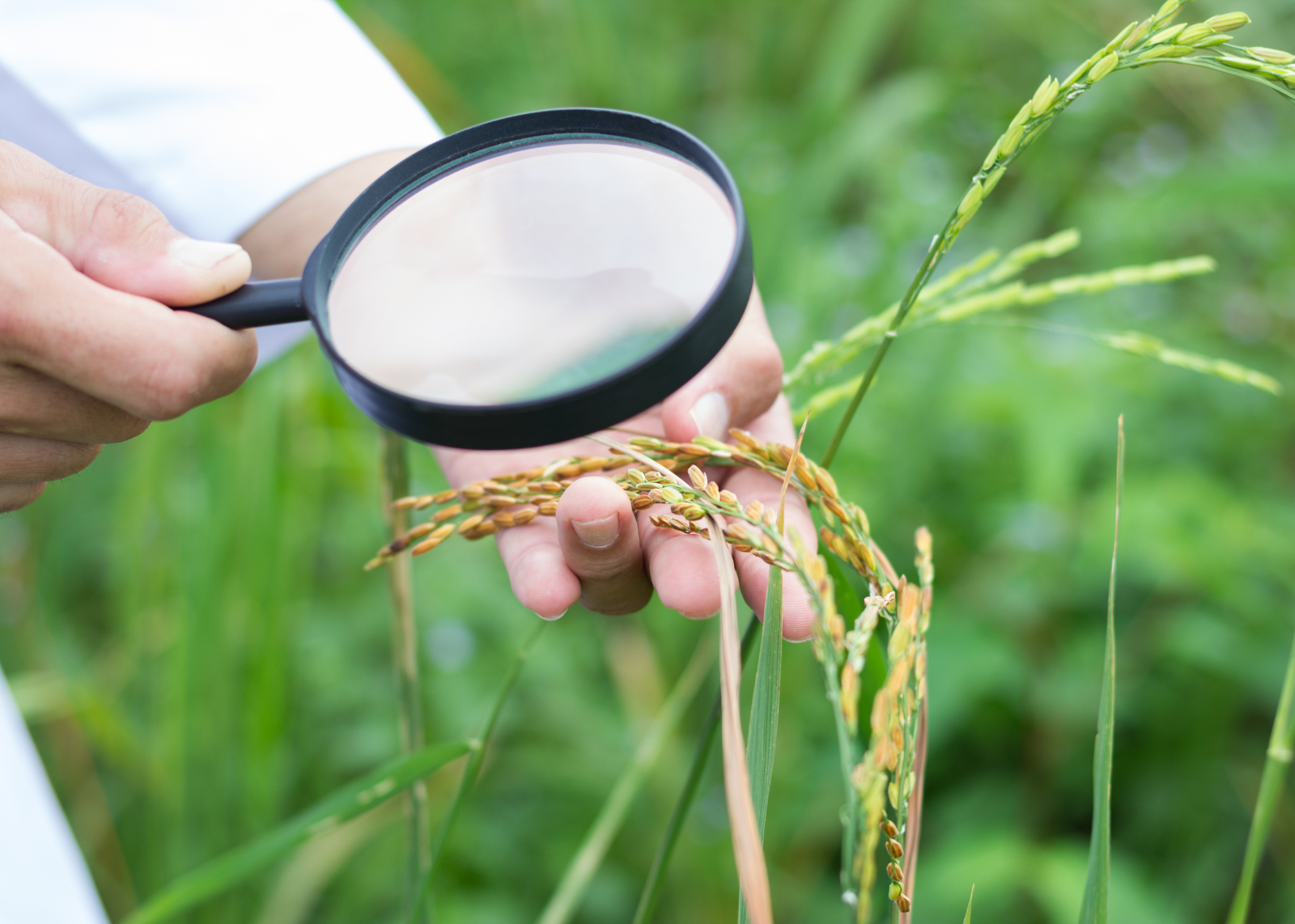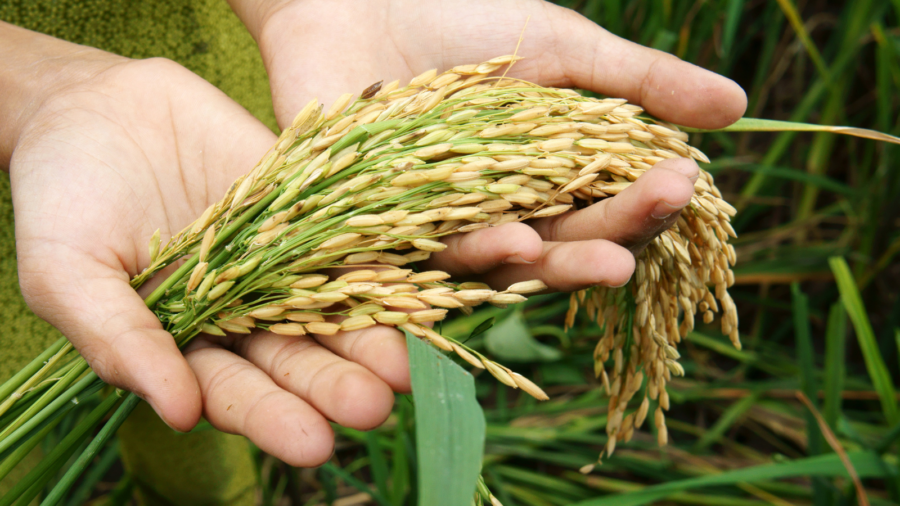Food Security
Food security refers to the condition where all people at all times have physical social and economic access to sufficient safe and nutritious food that meets their dietary needs and food preferences for an active and healthy lifestyle. Individuals must have knowledge and ability to utilize food effectively including proper student preparation and dietary practices. Access to food must be stable over time with minimum risk of destruction due to factors like price fluctuation natural disasters or political instability. Adequate nutrition is essential for physical and mental health growth and development,
particularly in vulnerable populations such as children, pregnant women or the elderly. Food in security kalli to social unrest migration and conflict as a community struggles to meet their basic need. It can have far-reaching geopolitical implications including food price disputes and conflicts over natural resources. Food security is not only a matter of ensuring access to put but also a fundamental human right for achieving sustainable development and global stability.
With the world population expected to reach nearly 10 billion by 2050, there is increasing pressure to produce more food to feed a growing population. This food strain on the agriculture system and natural resources. Climate change brings about extreme weather events such as droughts floods hurricanes and heat waves which can disrupt agricultural production reduce crop yields and threaten food security. Water scarcity is a significant challenge for agriculture as it is essential for crop production completion for water resources between agriculture industrial urban areas accelerate this issue, particularly in regions already prone to water scarcity. Soil erosion deforestation certification and urbanisation contribute to the degradation of arable land reducing its productivity and limiting the land available for agriculture this poses are threat to food production and agriculture stability. The loss of biodiversity in the ecosystem including pollinators and crops will relatively contamination the resonance agricultural system and reduce the genetic diversity of drop making it more vulnerable to pests diseases and environmental stress. Significant amounts of food are lost or wasted throughout the food supply chain from production and processes to distribution and conception addressing food waste and loss is essential for maximizing food resources and reducing pressure on the agricultural system. Economic disparities within and between countries contribute to unequal access to food poverty and unemployment lack of infrastructure and inadequate sources of safety can prevent individuals and communities from obtaining sufficient nutrition food. Fluctuation in the food process is driven by factors such as a change in supply and demand can affect excess to the food for population and existing food security. Malnutrition undernutrition and overnutrition remain a systemic challenge worldwide wide lack of access ess nutritious food in educating dietary diversity and poor feeding practices contribute to micronutrient deficiency and die-related problems. Addressing the global changes requires a multiface ace approach that includes sustainable agriculture practices climate change adaptation migration strategies poverty elevation if investment in rural infrastructure and technology for access to food and resources.
In many regions especially ruler areas in urban food taxes to grocery stores and markets offering fresh nutritious food are limited improving the geographical distribution of food outlets and enhancing access to nutritious options. Affortabilities are the key factor in accessing nutritious food Low-income individuals and families may struggle to afford fresh fruit vegetables and other healthy options instead of cheaper but often less nutritious processed food. The cost of nutritious food relative to income can influence food choices and consumption patterns. Cultural preferences dietary habits and social norms influence food choices and access to nutritious options intervention that takes into account cultural diversity and community prevention is more likely to be successful in promoting healthy eating habits. Lack of knowledge about nutrition healthy eating practices and hinder access to nutritious food nutrition education programs and camping that raise awareness about the importance of a balanced diet and provide practical tips for making healthy food choices can empower and divisible to make informed decisions. Limited access to transportation infrastructure can make it difficult for people living in rural and remote areas to access nutritious food improving transportation networks and infrastructure can help bridge the gap in food access between Urban and rural areas. reducing food waste throughout the supply chain can increase the availability of nutritious food and lower prices making it more accessible to consumers by addressing these factors policymakers organizations and communities convert together to improve access to nutritious food for all individuals promoting food security and better health care outcomes.
Implementing agriculture practices that are reselling to climate variability and extreme weather events is essential for maintaining stable food production this includes techniques such as conservation agriculture crop diversification and water management that can help migrate the impact of climate change on crops and livelihood. Promoting dietary diversity and diversifying food resources can enhance resonance to food insecurity… Encouraging the cultivation and consumption of varieties of food and crops including traditional and indigenous varieties can improve nutrition and buffer against crop failure and price fluctuations. Developing early warning systems for related disasters and other rest and helping farmers and communities prepare in response to emergencies implementing risk management are strategies such as insurance schemes and social safety nets and providing financial protection and support to vulnerable populations during times of crisis. Building the capacity of farmer extension workers and the community to adapt the changing conditions is essential for enhancing resonance providing training education and excess to information on climate not agriculture practices sustainable land management and disaster preparation can empower individuals and communities to better cope with food and security. Adopting long-term planning and adaptation strategies that take into account the future climate in scenarios and social economic friends is essential for branding resonance to food insecurity. By prioritizing resonance and adaptation in food security policymakers organizations and communities can work together to build more sustainable and equitable food system data better able to with son shops and ensure food security for all.

Education and awareness play a vital role in addressing the issue of food security challenges by empowering the visual community to inform the season about food production consumption and distribution. Education initiatives and Greece’s awareness about the importance of balanced nutrition and healthy eating habits teaching individuals about the nutritional value of different foods dietary guidelines and meal planning can help improve dietary choices and combat malnutrition. Educating farmers about sustainable agriculture practices such as agroecology organic farming and conservation can enhance productivity soil health and resonance to climate change. Education campaigns on food safety in hygiene practices can help prevent foodborne illness and reduce the risk of contamination during food production storage and preparation teaching in the visible about proper food handling storage and cooking techniques improving food security and preventing food wastage. Educating the consumer about the social economic and environmental implications of their food
choices in power them to make more sustainable and ethical decisions teaching in the visual about food labeling certification schemes and ethical sourcing can encourage responsible consumption and support fail of a sustainable food system. Education plays a crucial role in empowering women and youth who often play a role in food production and household food security providing girls with access to education improving Child healthcare outcomes and breaking the cycle of intergenerational poverty and malnutrition. Overall education and awareness are social tools for promoting food security in powering in divisible communities and building a more sustainable and equitable food system.
Local solutions and community empowerment are integral to adequate addressing food security challenges effectively as they leverage local knowledge resources and social networks to improve access to nutritious food and build reselling within the community. Supporting community gardens in urban agricultural initiatives can increase access to fresh locally grown produce in urban areas community members can come to get a to cultivate suitable vegetables and promote food sow virginity and self-resonance. Farmers Marketing Food Cooperative provides a platform for social farmers and producers to sell their products directly to consumers bypassing traditional food distributional challenges these creatives promote the local food system to support small-scale farmers and sports security by increasing the excess of fresh and seasonal produce. Creating seed banks and promoting agro-biodiversity conservation efforts countries’ knowledge safeguarding genetic resources for future generations. Establishing partnerships and collaboration among local government civil society organizations and the private sector is essential for scaling local solutions in empowering the community to address 4 security challenges effectively. Buy Paradise in local solution and community in empowerment we can build a more resilient inclusive and sustainable food system that ensures food security for a wall investing in grassroots initiatives that empower the community to take ownership of their food security can contribute to lasting positive change and poster sense of belongs to Pride and resonance within the community.
Food security compass the availability and, utilization in established t of nutritious food for all India visual ensuring they can lead healthy active lives achieving food security as usual for human health economic development social estability and environmental sustainability. however, it faces numerous global challenges including population growth climate change water scarcity and economic disparities addressing these challenges requires a multifaceted approach that integrates sustainable agriculture practices climate change at action started this poverty elevation and equitable access to food and resources education awareness and community empowerment Play he role in promoting food security by empowering and divisible and community to make inform the season adopt sustainable practices and advocate for policy change by periodization local solution building food security for the generation to come.




